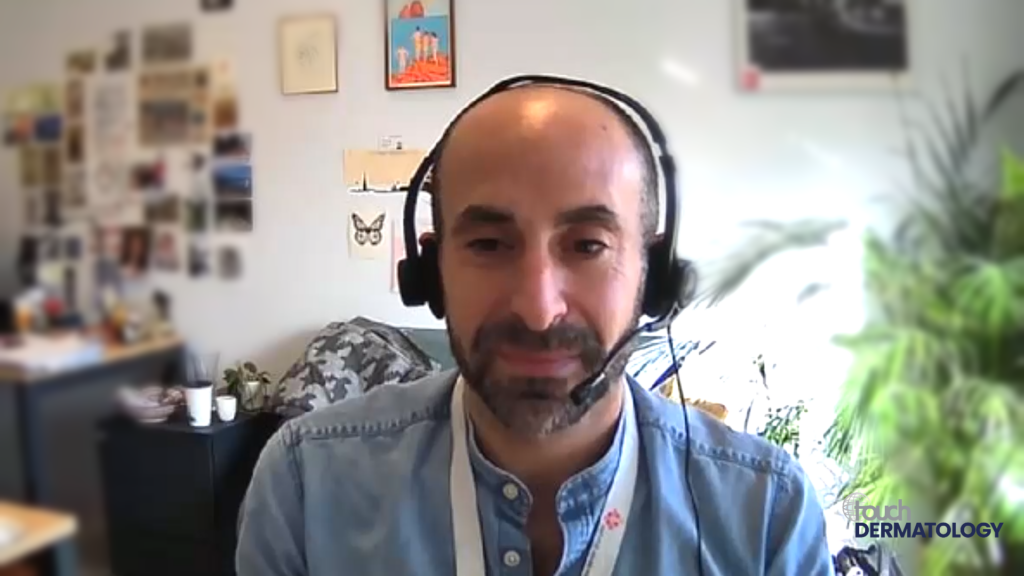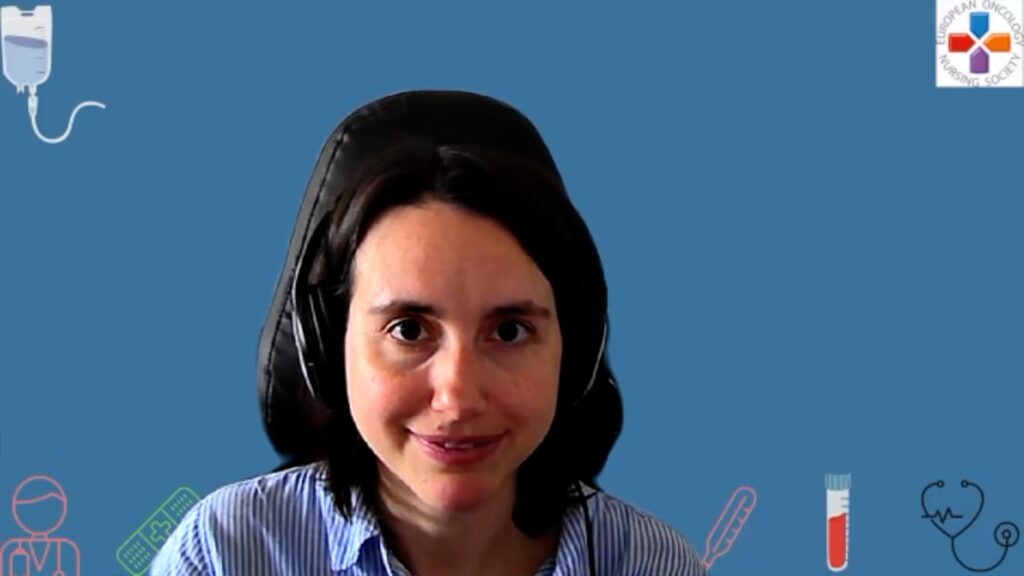Human epidermal growth factor receptor 2 (HER2) was discovered as a human proto-oncogene in 1985, and was found in around 30% of clinical samples of breast cancers, as well as being associated with aggressive disease and poor survival.1 Since then, the use of anti-HER2 therapies has more than doubled the survival of women with early and advanced HER2-positive breast cancer. Trastuzumab (HerceptinÒ, Roche, Basel, Switzerland), the first HER2-targeted drug, was introduced in 2001.2 The success of trastuzumab has led to development of other HER2-targeted agents, including new antibodies such as pertuzumab (PerjetaÒ, Roche, Basel, Switzerland); kinase-inhibitors including lapatinib and neratinib; and antibody-conjugated drugs such as trastuzumab-emtanasine. A number of clinical trials have determined the optimal combinations of HER2-targeting agents with cytotoxic therapies.3 As a result, HER2-positive breast cancer patients now have one of the best survival rates of all breast cancers.4
In patients with HER2-positive metastatic breast cancer, HER2 therapies are usually given as part of an aggressive treatment approach involving a combination of trastuzumab and pertuzumab, as well as chemotherapy, usually taxanes or vinorelbine.5 This is associated with adverse effects including vomiting, nausea, fatigue, hair loss, neuropathy and, in younger women, early menopause or infertility.5 There is increasing awareness that physicians are erring on the side of overtreatment, particularly in metastatic disease.6 In patients with HER2-positive disease at low or intermediate risk, single agent trastuzumab can be used, leading to an interest in treatment de-escalation strategies.7 Avoiding chemotherapy in HER2-positive disease is clearly appealing for patients, but it has to be done safely. The challenge is to identify which patients can be spared chemotherapy and its associated toxicities without losing the survival advantage. This issue formed the subject of a presentation to Dr Carmen Criscitiello, European Institute of Oncology, Milan, Italy, at the inaugural ESMO Breast Cancer Congress, which was held on 2–4 May 2019, in Berlin, Germany.
The PERNETTA trial was a phase II study whose eligibility criteria included a histologically confirmed breast cancer with distant metastases, no prior chemotherapy, and no anti-HER2 treatment. Investigators randomly assigned 210 patients to trastuzumab plus pertuzumab alone versus trastuzumab plus pertuzumab combined with chemotherapy until progression. After progression, both groups received trastuzumab emtansine (T-DM1) as second-line therapy. Results at 2 years showed that the overall survival was 77% in the chemotherapy-free group and 76% in those who received chemotherapy. However, the progression-free survival after first-line therapy was only 8.4 months in the trastuzumab/pertuzumab group but was 23.3 months in those with additional chemotherapys.8
New findings presented at the ESMO breast cancer congress showed that these results were similar regardless of hormone receptor status. In addition, NFBSI-16 scores for quality of life between groups during first-line treatment were similar, though patients in the chemotherapy-free group had small improvements during first-line therapy while those receiving chemotherapy had stable scores. However, patients who did not receive chemotherapy had a lower incidence of hair loss, mouth sores, nausea, and fatigue during the first 6 months but similar afterwards.9
Lead author Prof. Jens Huober, of the University Hospital Ulm, Germany, said: “We looked at 2-year overall survival because physicians are afraid they will lose patients early if they don’t give the maximum treatment. Progression-free survival was shorter but did not seem to affect overall survival in the long run. Omitting chemotherapy in the first line could be discussed as an option with patients who have a low to intermediate tumour burden. However, a phase III trial is needed for definitive proof that patients are not at risk of early death if they start with antibodies alone.”10
This study has limitations. The overall survival endpoint may have been too short to capture the treatment benefits of chemotherapy. In addition, the sample size was small and may not have been sufficient to capture a difference in overall survival. Furthermore, there was no biological selection of patients. The researchers concluded that de-escalation approaches to the treatment of women with HER-positive breast cancer needs to be personalised.9 The difference in progression-free survival between the groups has led to investigations into predictive factors that could identify patients who could omit chemotherapy from treatment without a reduction in progression-free survival. They are using the PAM50 test to profile tumours of all patients in the trial, to select patients with the HER2 enrichment subtype, which is associated with high responsiveness to HER2-targeted therapy in early stage HER-positive breast cancer.11 Investigators hypothesised that this may also apply to metastatic disease. If the progression-free survival difference is smaller in this subtype, then omitting chemotherapy in the first line may be a useful option.
In summary, this clinical study has shown that avoiding chemotherapy in HER2-positive disease is possible but further study is needed to establish the patient population most likely to benefit from this approach.
Support: No external support was received in the creation or publication of this Insight article.
References
- Slamon DJ, Clark GM, Wong SG, et al. Human breast cancer: correlation of relapse and survival with amplification of the HER-2/neu oncogene. Science. 1987;235:177–82.
- Slamon DJ, Leyland-Jones B, Shak S, et al. Use of chemotherapy plus a monoclonal antibody against HER2 for metastatic breast cancer that overexpresses HER2. N Engl J Med. 2001;344:783–92.
- Mendes D, Alves C, Afonso N, et al. The benefit of HER2-targeted therapies on overall survival of patients with metastatic HER2-positive breast cancer–a systematic review. Breast Cancer Res. 2015;17:140.
- Sundquist M, Brudin L, Tejler G. Improved survival in metastatic breast cancer 1985-2016. Breast. 2017;31:46–50.
- Swain SM, Baselga J, Kim SB, et al. Pertuzumab, trastuzumab, and docetaxel in HER2-positive metastatic breast cancer. N Engl J Med. 2015;372:724–34.
- Senkus E, Lacko A. Over-treatment in metastatic breast cancer. Breast. 2017;31:309–17.
- Bianchini G. Is trastuzumab as a single agent obsolete in early breast cancer? No. Breast. 2019;43:142–5.
- Huober J, Weder P, Veyret C, et al. PERNETTA – A non comparative randomized open label phase II trial of pertuzumab (P) + trastuzumab (T) with or without chemotherapy both followed by T-DM1 in case of progression, in patients with HER2-positive metastatic breast cancer (MBC): (SAKK 22/10 / UNICANCER UC-0140/1207). Ann Oncol. 2018;29 (suppl 8):viii90-viii121. 10.1093/annonc/mdy272.
- Huober J, Ribi K, Weder P, et al. Pertuzumab (P) + trastuzumab (T) with or without chemotherapy both followed by T-DM1 in case of progression in patients with HER2-positive metastatic breast cancer (MBC)- The PERNETTA trial (SAKK 22/10), a randomized open label phase II study (SAKK, UNICANCER, BOOG). Ann Oncol. 2019;30 (Suppl 3): Abstract -150O doi:10.1093/annonc/mdz095.
- ESMO. HER2 Positive Breast Cancer: Treatment De-escalation Needs to Be Personalised [ESMO Press Release]. 2019. Available at: www.esmo.org/Press-Office/Press-Releases/Breast-cancer-HER2-deescalation-Pernetta-Huober (accessed 6 May 2019).
- Llombart-Cussac A, Cortes J, Pare L, et al. HER2-enriched subtype as a predictor of pathological complete response following trastuzumab and lapatinib without chemotherapy in early-stage HER2-positive breast cancer (PAMELA): an open-label, single-group, multicentre, phase 2 trial. Lancet Oncol. 2017;18:545–54.














